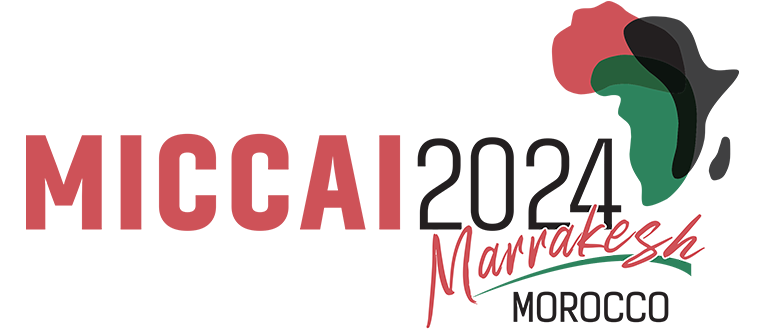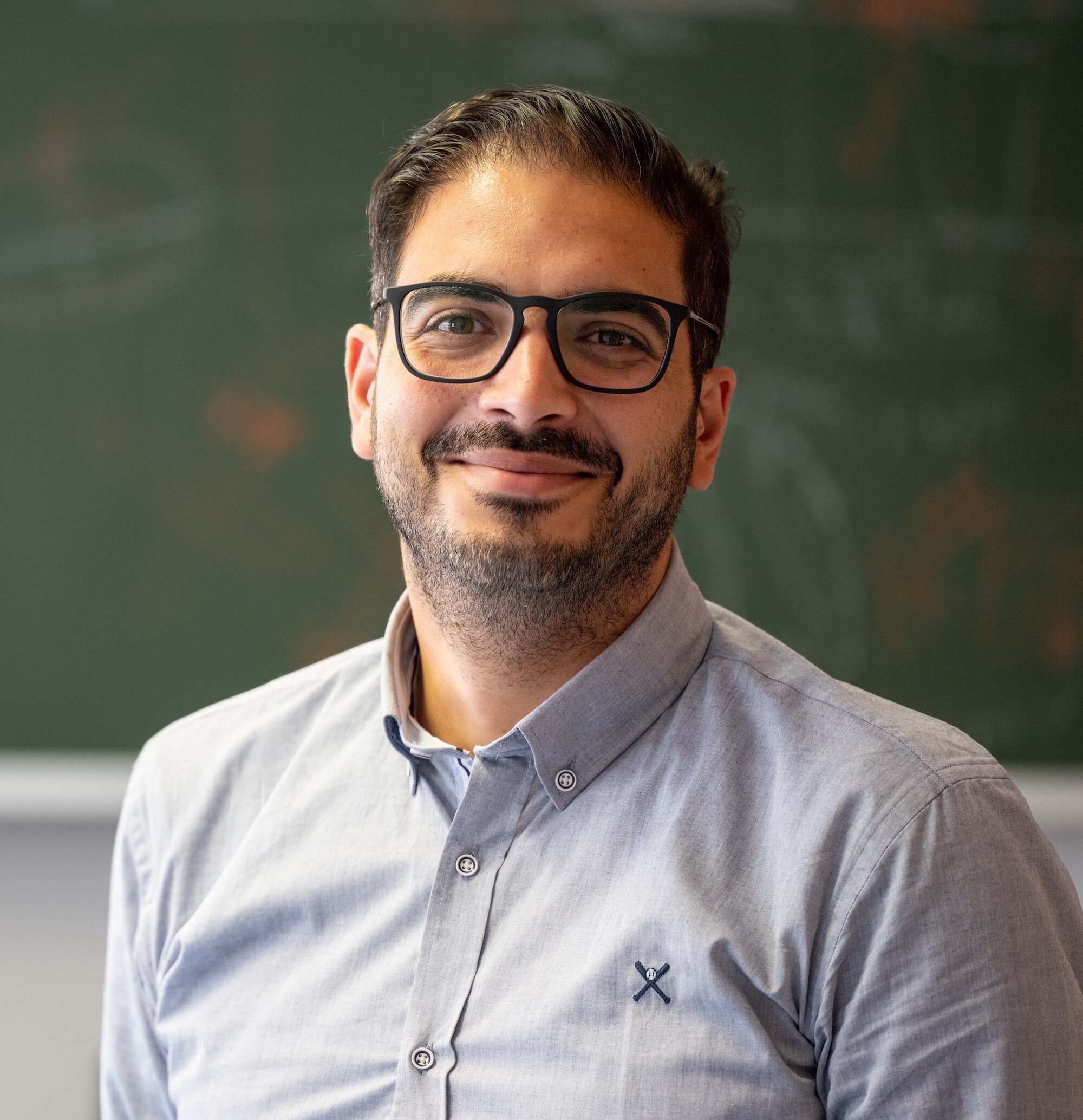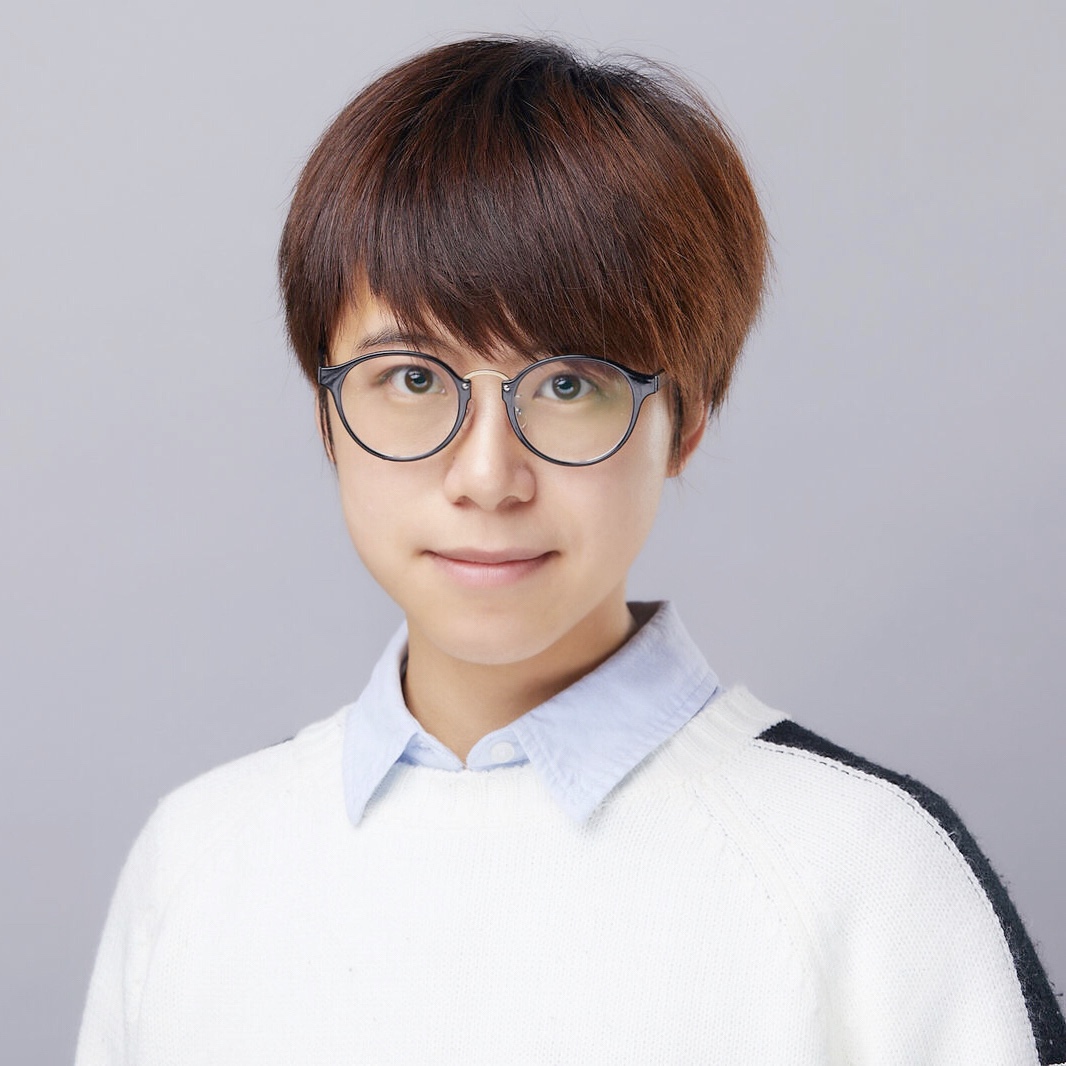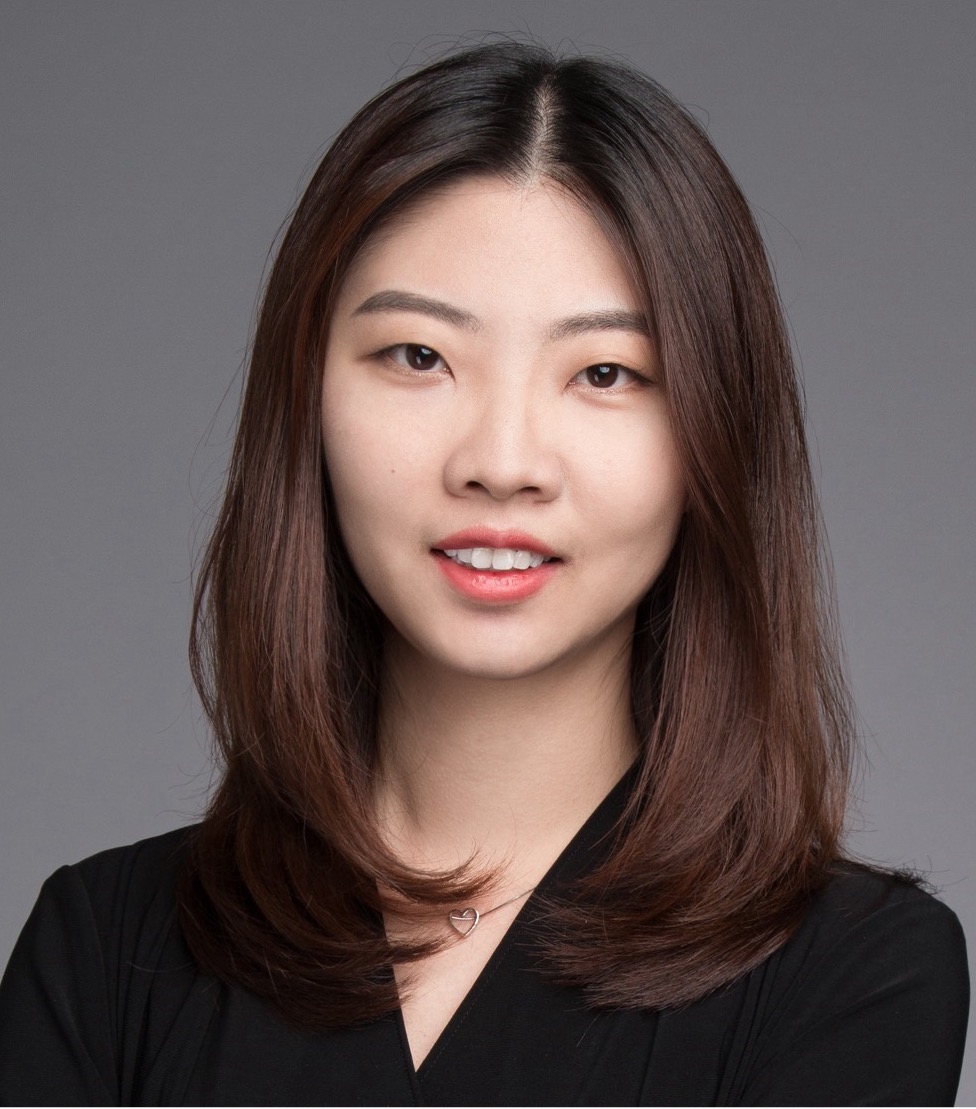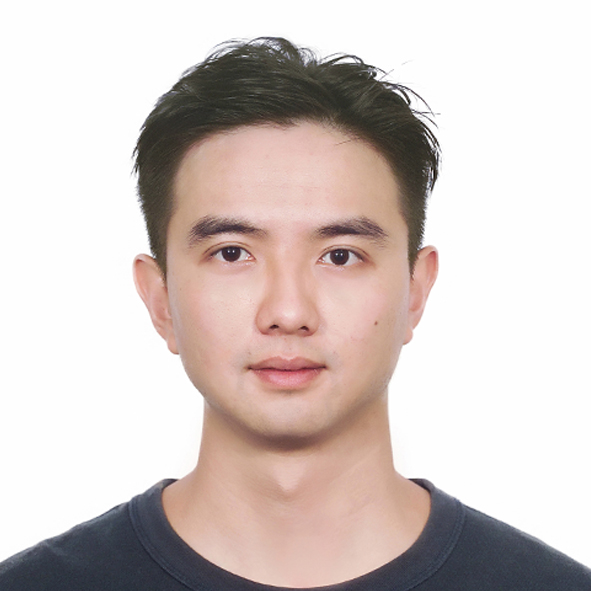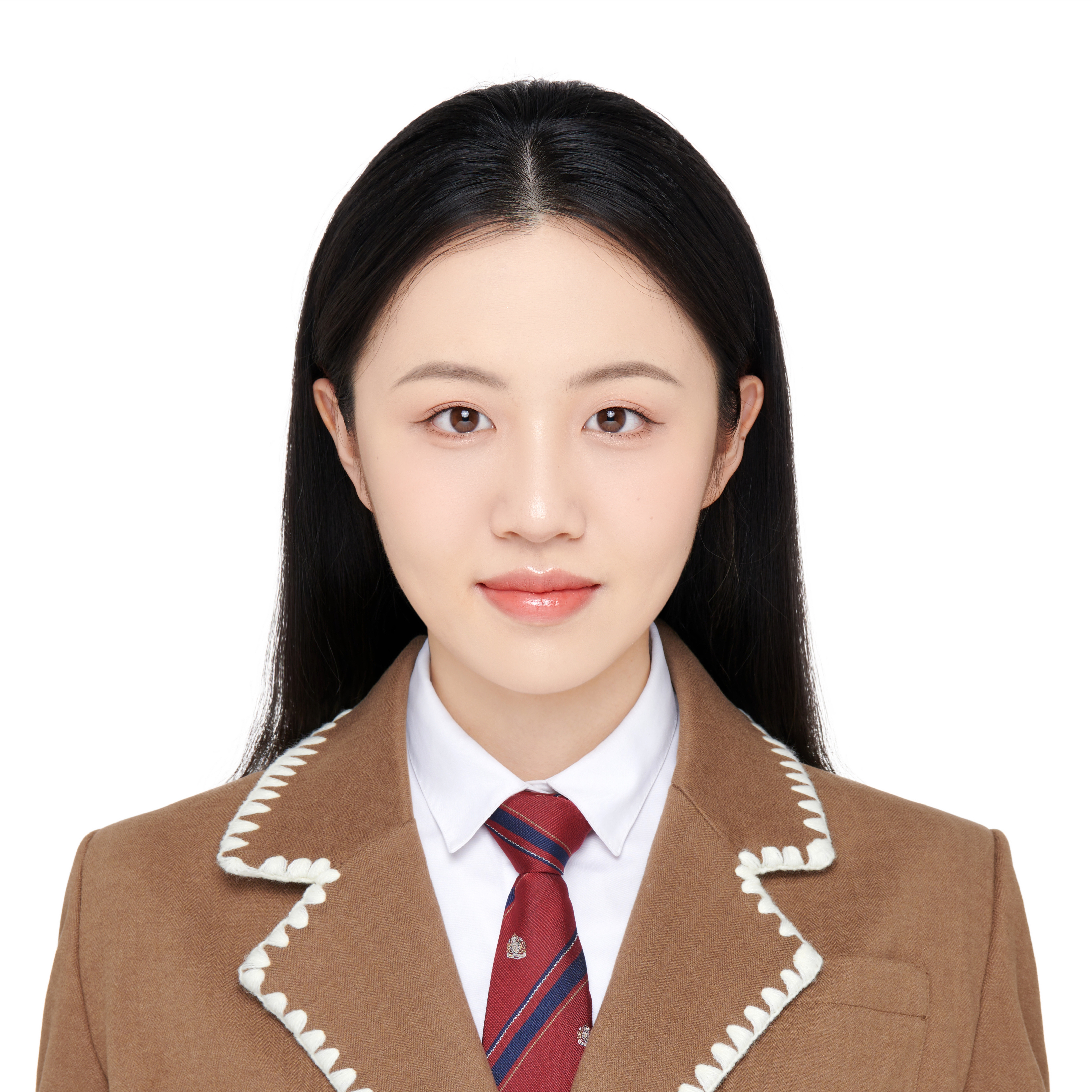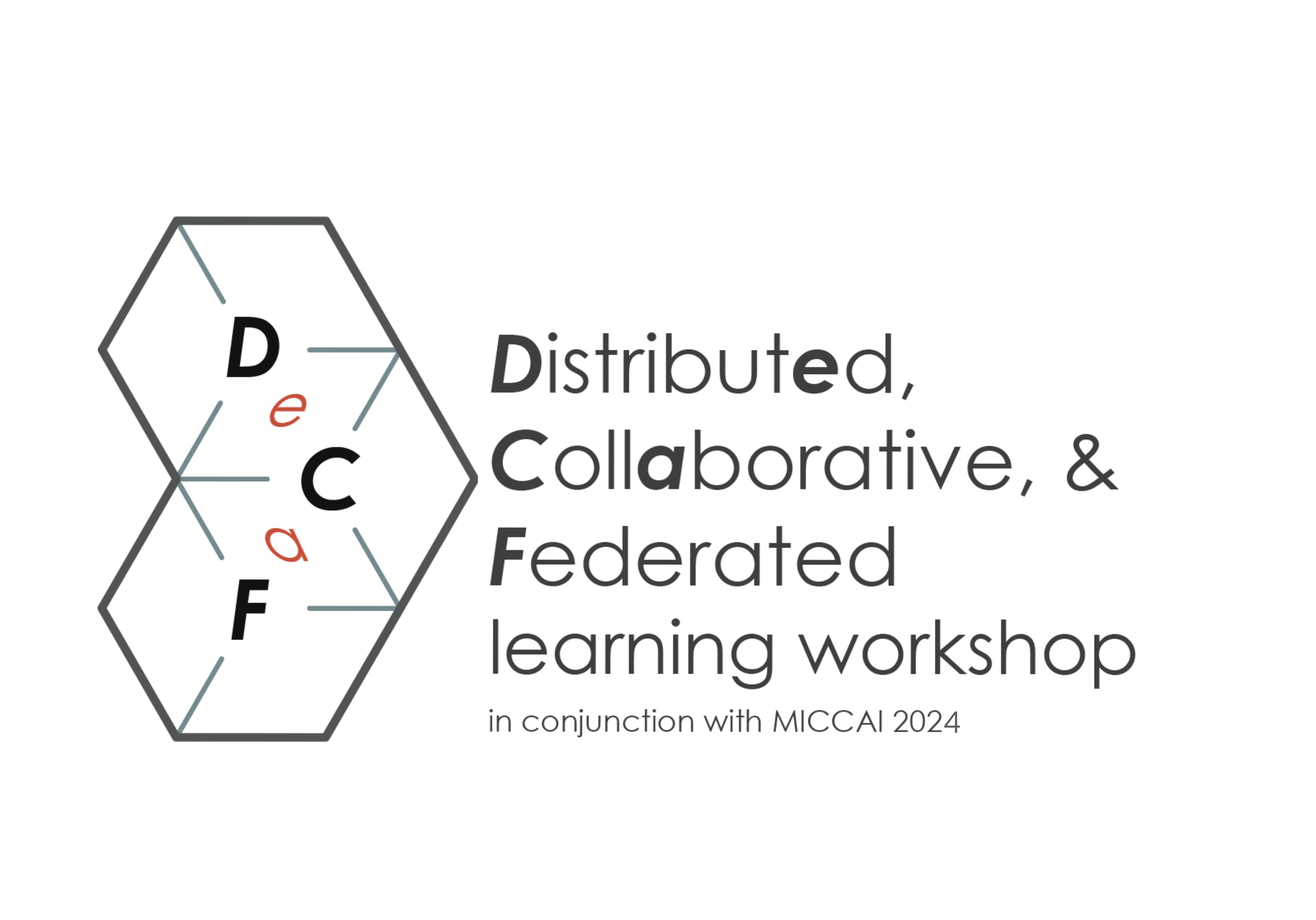
5th MICCAI Workshop on
“Distributed, Collaborative and Federated Learning”
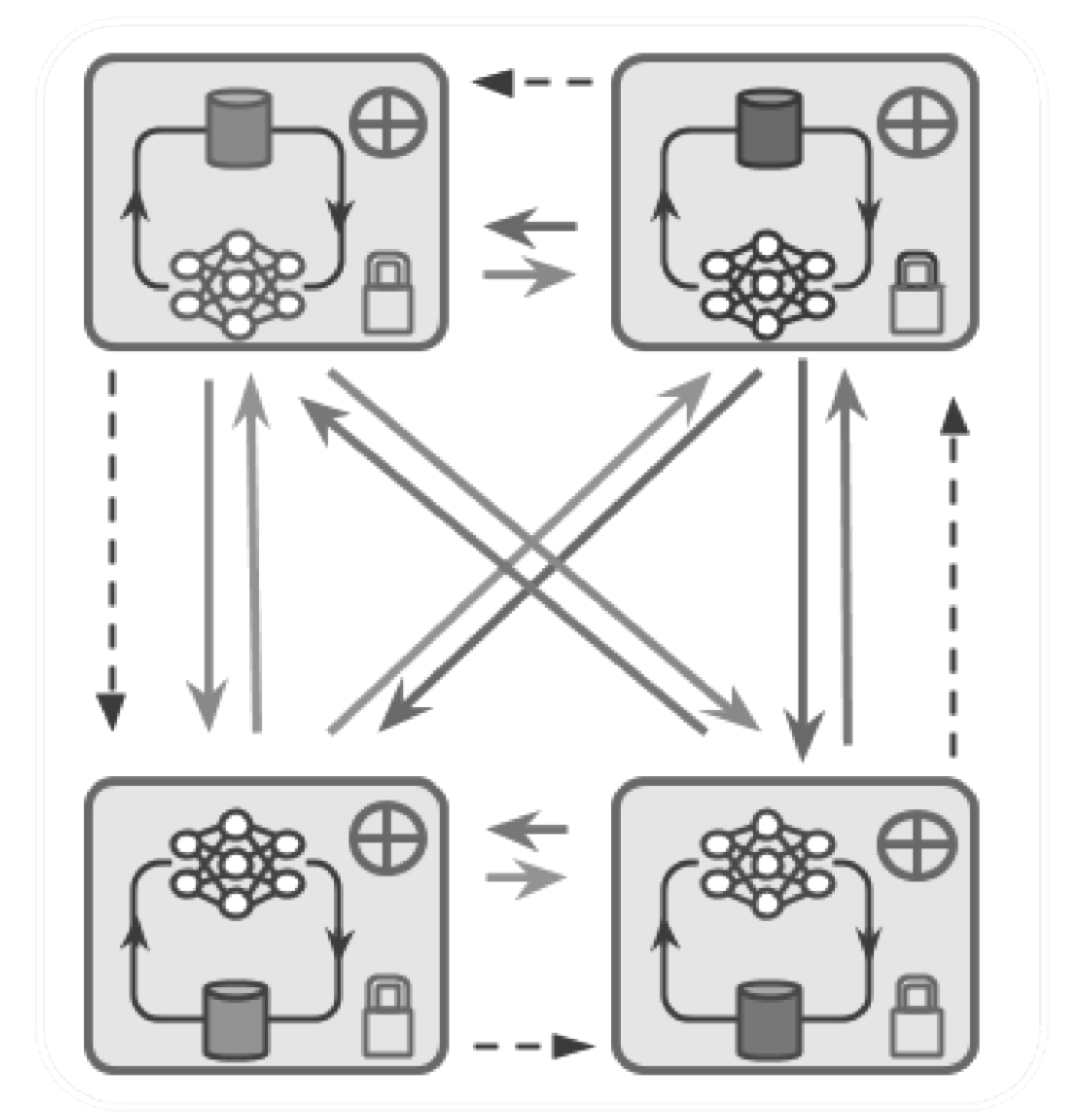
Important Dates
- Location: MARRAKESH / MOROCCO
- Submission Deadlines: 24th of June 2024 AOE
- Notification of Acceptance: 15th of July 2024
- Camera Ready: 23th of July 2024
- Workshop Date: 10 of October 2024
News
Distributed, Collaborative and Federated Learning
Deep learning, AI's fastest-growing field, empowers enormous advances in applications in both science and real-world scenarios. It has reached a consensus that models could be further improved with a growing amount of data. However, enabling learning on these huge datasets or training huge models in a timely manner requires distributing the learning on several devices. One particularity in the medical imaging setting is that data sharing across different institutions often becomes impractical due to strict privacy regulations as well as data ownership concerns, making the collection of large-scale diverse centralized datasets practically impossible.
Some of the problems, therefore, become: how can we train models in a federated way on several devices? And is it possible to achieve models as strong as those that can be trained on large centralized datasets without sharing data and breaching the restrictions on privacy and property? How can we ensure data privacy and mode generalizability? Federated learning (FL) allows different institutions to contribute to building more powerful models by performing collaborative training without sharing any training data. The trained model can be distributed across various institutions instead of the actual data. We hope that with FL and other forms of distributed and collaborative learning, the objective of training better and more robust models with higher clinical utility while protecting the privacy within the data can be achieved.
Call for Papers
Through the fourth MICCAI Workshop on Distributed, Collaborative and Federated Learning (DeCAF), we aim to provide a discussion forum to compare, evaluate and discuss methodological advancements and ideas around federated, distributed, and collaborative learning schemes that are applicable in the medical domain. We invite full paper (8-page) submissions using the MICCAI 2024 template through CMT (https://cmt3.research.microsoft.com/DeCaF2024/). Topics include but are not limited to:
- Federated, distributed learning, and other forms of collaborative learning
- Server-client and peer-to-peer learning
- Advanced data and model parallelism learning techniques
- Optimization methods for distributed or collaborative learning
- Privacy-preserving technique and security for distributed, federated, and collaborative learning
- Efficient communication and learning (multi-device, multi-node)
- Adversarial, inversion and other forms of attacks on distributed , federated, and collaborative learning
- Dealing with unbalanced (non-IID) data in federated and collaborative learning
- Diverse decentralized medical imaging data analysis
- Security-auditing system for federated learning
- Asynchronous learning
- Software tools and implementations of distributed, federated, and collaborative learning
- Model sharing techniques, sparse/partial learning of models
- Applications of federated/distributed/collaborative learning techniques: multi-task learning, model agnostic learning, meta-learning, etc.
